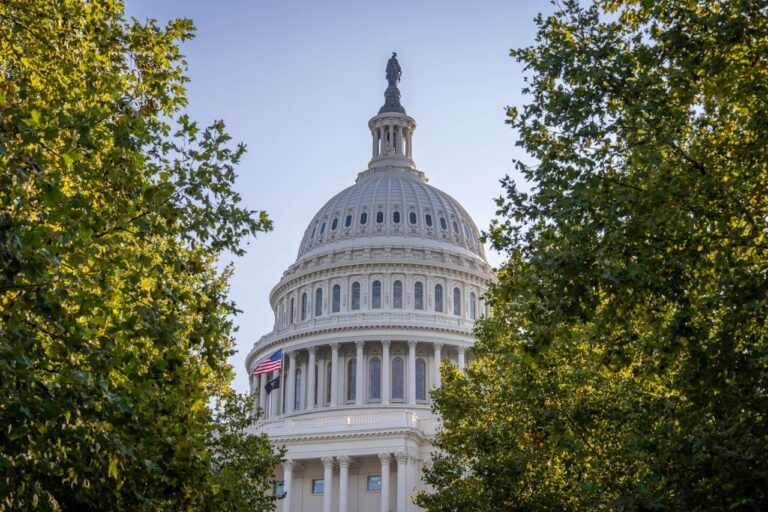As part of the MiCA legislation aimed at regulating cryptocurrencies, the European Union is proposing that banks be obligated to disclose data on the reserves of digital currencies.
This measure is seen as a way to mitigate potential risks for the financial system of the union.
Portugal is in support of this European regulatory framework, but also believes that cryptocurrency transactions must be monitored on a global scale.
During a conference on financial stability, Marco Centeno, the head of the Central Bank of Portugal, emphasized the importance of legalizing the crypto market and developing regulatory framework that adheres to established security and transparency standards.
He also stressed the need to regulate the DeFi (decentralized finance) market, as the number of token holders continues to increase.
The Central Bank’s chief expressed support for politicians who believe that legislation on digital assets should follow a universally accepted mechanism for combating money laundering.
The use of cryptocurrencies has grown in popularity during the COVID-19 pandemic, but the market crash that followed has resulted in many individuals losing their investments. Centeno urged states to quickly develop a system to protect investors.
















